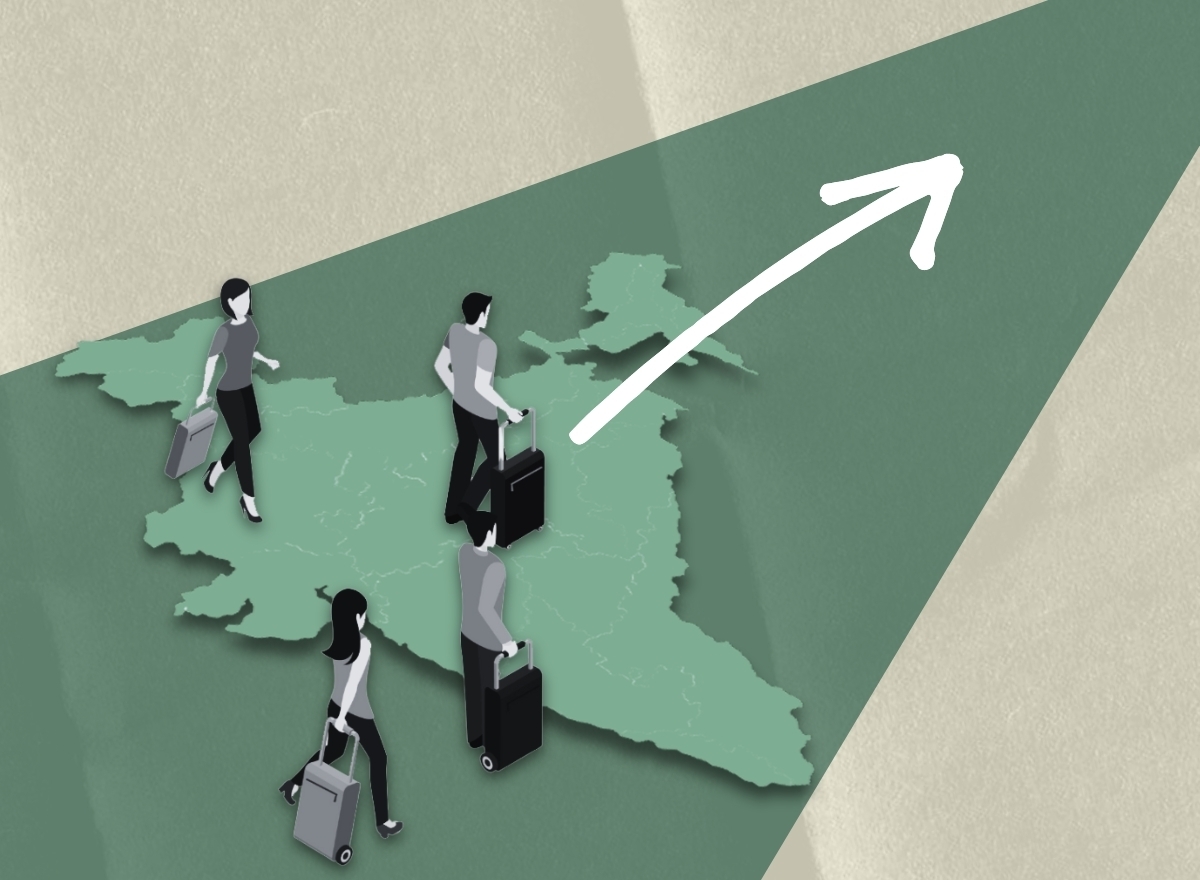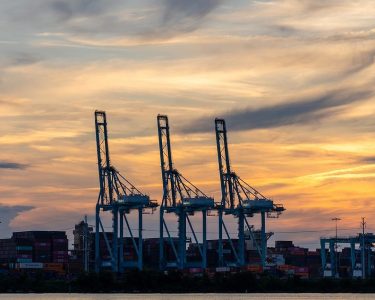Overview: Wealthy Indians Relocate Without Cutting Ties
India currently hosts 85,698 individuals with assets over $10 million, ranking third globally after China and the US, according to a Knight Frank report. Despite India’s rapid economic growth, a growing number of ultra-high-net-worth individuals (UHNWIs) are choosing to move abroad while maintaining strong financial ties to India.
Why Are India’s Wealthy Relocating?
KM, a 37-year-old Mumbai-based start-up founder, is relocating to Dubai for a better lifestyle and tax benefits, while keeping his business headquarters in India. Dubai’s tax-free income, strong education system, and close proximity to Mumbai make it an attractive destination.
A recent survey by Kotak Private Wealth and EY found that 20% of UHNWIs plan to emigrate but retain Indian citizenship, suggesting a trend of strategic rather than permanent relocation.
Factors Driving Migration Among India’s Affluent
-
Tax Differences: Countries like UAE offer zero income, capital gains, and inheritance taxes, unlike India’s progressive tax rates (up to 30% on income and 12.5% on long-term capital gains).
-
Global Mobility: Wealthy Indians seek freedom, flexibility, and global opportunities for their families and businesses.
-
Infrastructure Challenges: Issues such as urban congestion, pollution, and bureaucratic hurdles contribute to relocation decisions.
-
Regulatory Environment: Complex legacy and wealth management regulations make overseas options more appealing.
Not a Unique Problem: Global Wealth Drain
India’s wealth migration is part of a broader pattern seen in emerging economies. The Henley Private Migration Report projects that India will lose about 3,500 millionaires this year, though the rate of emigration has slowed in recent years.
Experts like Neil Bahal of Negen Capital emphasize that many wealthy Indians remain invested in the country, allocating 60-65% of their wealth domestically to benefit from India’s booming economy.
What Needs to Change to Retain Wealth?
Political analyst Sanjay Baru stresses the importance of deregulation and easing bureaucratic controls to foster a business-friendly environment. Urban planning expert Sunaina Kumar highlights the need for better infrastructure and city planning to improve living conditions in major metros.
Kumar also suggests the government should engage more actively with both resident and emigrated wealthy Indians, encouraging philanthropic investments and job creation that benefit India directly or indirectly.
Future Outlook: India’s Potential as a Wealth Hub
If India can address tax policies, infrastructure gaps, and ease of doing business, it could become a global wealth hub like the UAE or Switzerland, encouraging the return of its affluent citizens and attracting new investors.
KM sums it up:
“Wealth-friendly policies and improved living standards will be key. This country has always generated good returns on my wealth, and I hope it continues to do so.”
Additional Market and Economic Updates
-
Indian economy growth forecast lowered to 6.5% for FY26 by the Asian Development Bank.
-
Jane Street allowed to resume trading after regulatory review.
-
India’s passport ranking improved to 77th globally, reflecting increased travel freedom.
-
Indian stock markets saw a slight decline on Thursday, with Nifty 50 down 0.62% and Sensex down 0.7%.
This analysis provides valuable insights into the motivations and challenges surrounding wealth migration among India’s elite, as well as what reforms could keep India competitive as a destination for high net-worth individuals.







